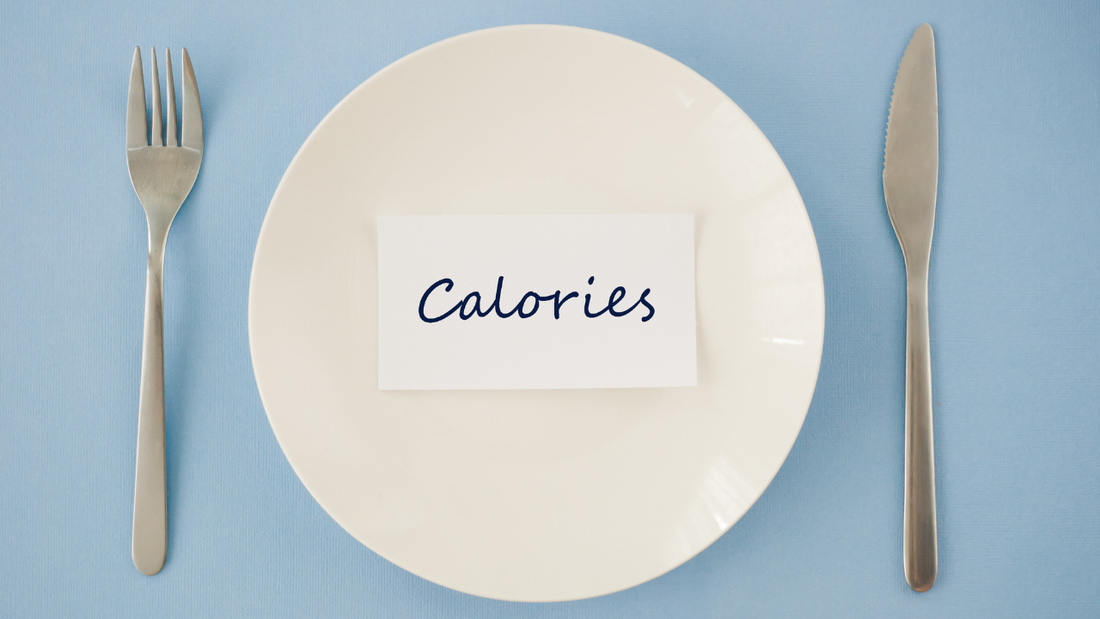Weight loss is a topic that has captivated the minds of many individuals striving for a healthier and more balanced lifestyle. While there are numerous diets, fads, and strategies out there, the fundamental principle that underlies successful weight loss is the concept of calories in versus calories out. In this detailed article, we will delve into the science behind weight loss and explore how the balance between calorie intake and expenditure plays a crucial role in achieving sustainable weight loss.
Understanding Calories: To grasp the science of weight loss, it's important to understand what calories are. Calories are a measure of energy. The calories we consume through food and beverages provide our bodies with the energy needed to perform various functions, such as breathing, digestion, and physical activity.
Calories In: Energy Intake The first component of the weight loss equation is calories in, which refers to the energy we consume through food and beverages. When we consume more calories than our bodies need for daily energy expenditure, the excess energy is stored as fat, leading to weight gain. Conversely, when we consume fewer calories than our bodies require, it creates an energy deficit, prompting the body to tap into its fat stores for additional energy.
Calories Out
Energy Expenditure The second component of the weight loss equation is calories out, which represents the energy we expend through various activities and bodily functions. There are three primary contributors to energy expenditure:
-
Basal Metabolic Rate (BMR): This is the energy expended by the body at rest to sustain vital functions such as breathing, circulation, and cell production. BMR accounts for a significant portion of total energy expenditure.
-
Physical Activity: This includes structured exercise, such as cardio and strength training, as well as non-exercise activity thermogenesis (NEAT), which refers to the energy expended through daily movements like walking, fidgeting, and household chores.
-
Thermic Effect of Food (TEF): The energy expended during the digestion, absorption, and storage of nutrients from the foods we consume. Different macronutrients (carbohydrates, proteins, and fats) require varying amounts of energy to be processed.

Caloric Balance and Weight Loss
Weight loss occurs when there is a sustained energy deficit, where calories out exceed calories in. This deficit prompts the body to utilize stored fat as an energy source, resulting in gradual weight loss over time. However, it's important to note that weight loss is not solely dependent on calorie quantity but also the quality of the calories consumed.
Factors Affecting Caloric Balance
While the concept of calories in versus calories out forms the foundation of weight loss, it's essential to recognize that individual factors can influence the equation. These factors include:
-
Metabolic Rate: Each person's metabolism is unique, and factors such as age, genetics, body composition, and hormone levels can impact the rate at which calories are burned.
-
Macronutrient Composition: The type and balance of macronutrients in a diet (carbohydrates, proteins, and fats) can influence energy expenditure, satiety, and overall metabolic health.
-
Hormonal Regulation: Hormones, such as insulin, leptin, and ghrelin, play a role in regulating appetite, hunger, and metabolism, influencing caloric intake and expenditure.
-
Lifestyle Factors: Sleep quality, stress levels, and physical activity levels all affect energy expenditure and can impact weight loss efforts.
-
Psychological Factors: Emotional eating, food cravings, and mindset around food can influence caloric intake and affect weight management.
Strategies for Sustainable Weight Loss
To achieve sustainable weight loss, it's important to adopt strategies that promote a healthy balance between calorie intake and expenditure. Here are some science-backed tips:
-
Create a Calorie Deficit: Aim for a modest and sustainable calorie deficit through a combination of mindful eating, portion control, and choosing nutrient-dense foods.
-
Focus on Macronutrient Balance: Opt for a balanced diet that includes a variety of whole foods, including lean proteins, healthy fats, complex carbohydrates, and plenty of fruits and vegetables.
-
Regular Physical Activity: Engage in a mix of aerobic exercises, strength training, and other forms of physical activity to boost calorie expenditure and improve overall fitness.
-
Prioritize Sleep and Stress Management: Prioritize sufficient sleep, as it plays a crucial role in weight regulation. Practice stress management techniques, such as meditation and mindfulness, to reduce stress-related eating.
-
Mindful Eating: Pay attention to hunger and fullness cues, eat slowly, and savor each bite. This can help prevent overeating and foster a healthier relationship with food.
-
Seek Professional Guidance: If you have specific weight loss goals or underlying health conditions, consult with a registered dietitian or healthcare professional who can provide personalized guidance and support.

The Science Behind Weight Loss
The science behind weight loss revolves around the principle of calories in versus calories out. By understanding the balance between energy intake and expenditure, individuals can develop effective strategies for achieving and maintaining a healthy weight. However, it's important to recognize that weight loss is not solely about calorie quantity but also the quality of the calories consumed.
Sustainable weight loss is a multifaceted process that involves mindful eating, regular physical activity, and adopting a holistic approach to overall well-being. It's not just about shedding pounds but also improving overall health and quality of life. By prioritizing nutrient-dense foods, maintaining a calorie deficit, and engaging in regular exercise, individuals can create a healthy environment for their bodies to thrive.
Furthermore, it's crucial to consider individual factors that influence weight loss, such as metabolic rate, macronutrient balance, hormonal regulation, lifestyle choices, and psychological factors. These factors can vary from person to person and may require personalized strategies and guidance from healthcare professionals or registered dietitians.
Remember, weight loss should be approached as a long-term journey rather than a quick-fix solution. Small, sustainable changes in eating habits, physical activity, and lifestyle can lead to significant and lasting results. It's important to be patient, kind to yourself, and celebrate non-scale victories along the way.
Ultimately, the goal is to cultivate a healthy relationship with food, prioritize nourishing the body with wholesome choices, and embrace an active lifestyle that brings joy and fulfillment. By adopting these principles and incorporating them into daily life, individuals can not only achieve their weight loss goals but also improve their overall health, boost self-confidence, and enhance their overall well-being.
In conclusion, the science of weight loss is about finding the right balance that works for your body, taking into consideration individual needs and preferences. By combining knowledge, practical strategies, and a positive mindset, anyone can embark on a journey towards a healthier weight and a happier, more fulfilling life.

